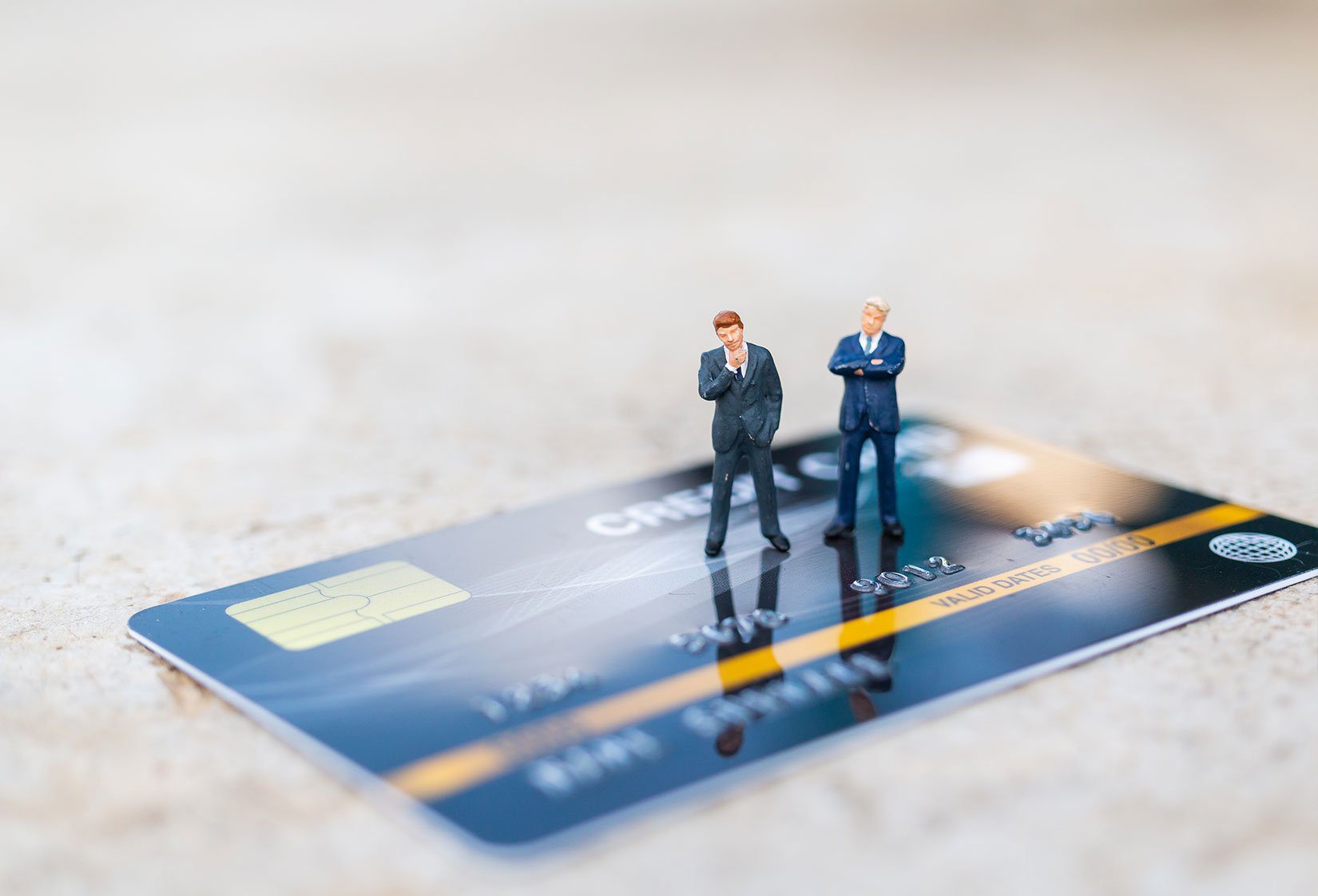As a business owner, you have plenty of options – particularly when it comes to credit. Determining whether to use personal or business credit cards can be a difficult choice, and each comes with its own pros and cons. To take some of the confusion out of the process, let’s take a look at the differences between the two so you can figure out which option makes the most sense for your situation.

Difference #1 – Interest Rates
Perhaps the biggest difference between personal and business credit cards is the way the companies approach the subject of interest. If you’ve had experience using personal cards, you’re probably already aware that most come with fixed rates, which can only be raised if you don’t comply with the terms of the credit card provider or with sufficient notice. Business cards differ in that the provider has the right to jack up interest rates at any time, for any reason, with little to no notice. This is why most business professionals choose to pay off their balance in full each month.
Difference #2 – Perks
Of course, where personal cards may be more favorable in terms of interest rate, business cards tend to offer more “perks” or bonuses to the user. For example, a business may be offered a certain percentage of cash back on all purchases. This is because creditors expect businesses to spend more than individuals, so they believe they’ll still make out in the long run. Another perk or special feature of business cards is the fact that you can have multiple cards on one account, but receive individual invoices for each card number. Lastly, business credit also typically comes with the ability to separate and categorize charges, which can be helpful at tax time.
Difference #3 – Risks
The third difference is actually more of a similarity given the fact that, for all intents and purposes, cards associated with your business will also be closely tied with your personal credit rating. If you’re not good at paying your business credit card bills on time, you can expect it to affect how creditors will assess you for future personal credit requests, so be careful with your spending and payment habits.
These three distinctions can help narrow down the choice of whether to use that personal card or business one to make that next big purchase for your company. Keep in mind that either way, you should be carefully tracking your expenses so that come tax time, or in the event of an audit, you’ll have all of your ducks in a row and there won’t be any unwanted surprises.









